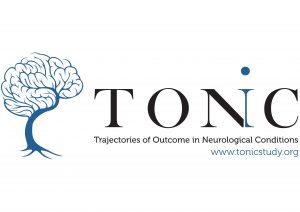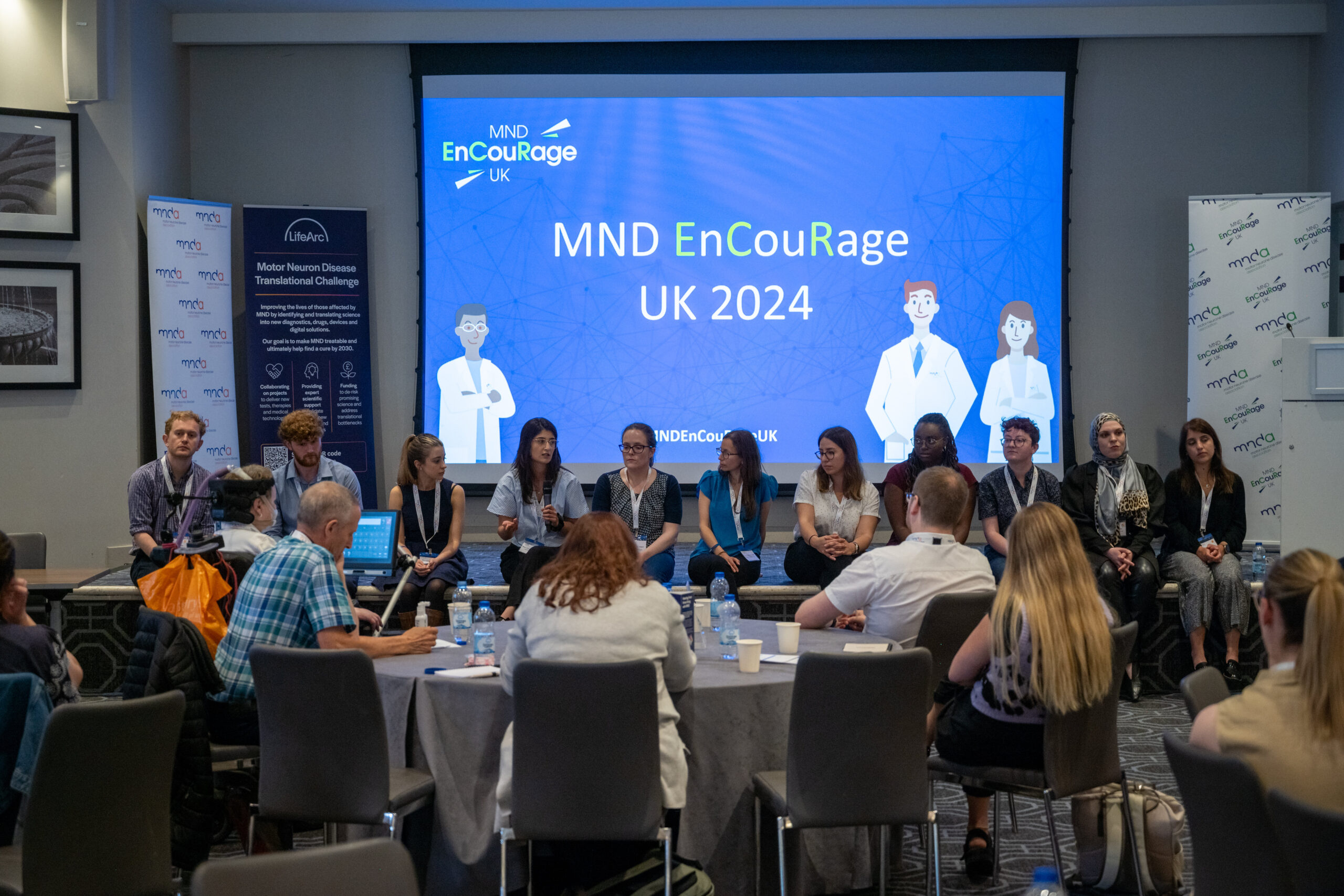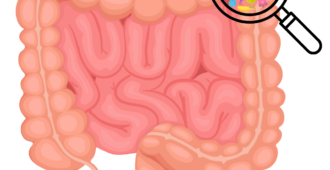The MND Association funds several healthcare research projects that aim to improve care and symptom management for people living with MND.
One such project is TONiC, which is examining factors that influence quality of life in patients with neurological conditions, including MND.
So what is TONiC?
 The Trajectories of Outcome in Neurological Conditions (TONiC) study is the largest of its kind in the world. Our funding involvement began in 2015, to help the TONiC team continue with their study (our reference 929-794).
The Trajectories of Outcome in Neurological Conditions (TONiC) study is the largest of its kind in the world. Our funding involvement began in 2015, to help the TONiC team continue with their study (our reference 929-794).
TONiC will hopefully have a significant and positive impact on the lives of all patients living with neurological conditions, regardless of symptoms, stage of illness, age or social status.
This project aims to develop a quality of life ‘toolkit’ to use in the clinic for people with MND. This would be used alongside ‘physical toolkits’ which assess things like breathing and muscle strength.
Their research will also look at the health costs associated with MND, to both families and the healthcare system. This will help with future economic evaluations of new medicines and interventions in MND.
Taking part
The research team, which is led by Prof Carolyn Young from the Walton Centre Liverpool, are now at the fourth stage of the TONiC study and are looking for people with MND to take part.
Participants will be asked to fill out a questionnaire pack in order to identify factors affecting quality of life.
The TONiC study is taking place at a number of MND clinics across the UK. To find out more please visit our website or the TONiC website.
Prof Young will be presenting at our regional conference in Crewe on 2 July. If you are not able to attend you will be able to watch it over livestream on the day, or catch up after the event.
Throughout June 2016 MND Awareness Month will be highlighting the rapid progression of the disease in its powerful Shortened Stories campaign, sharing the experiences of people currently living with MND, or who have lost loved ones to the disease, through art, poetry and film.





